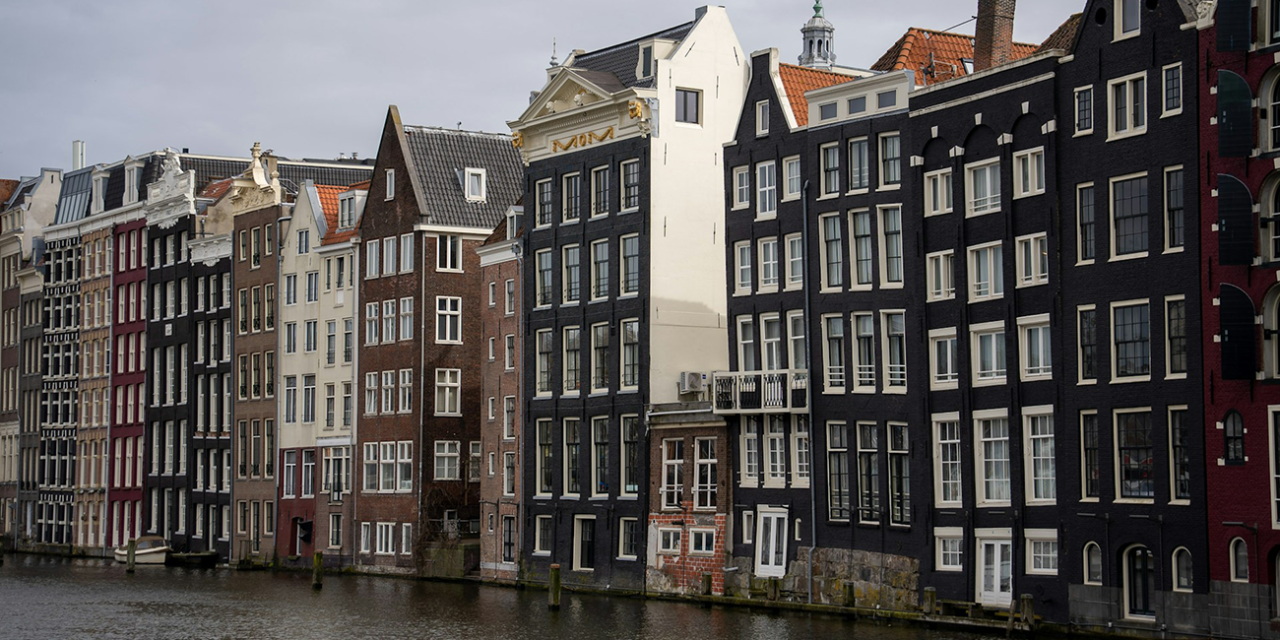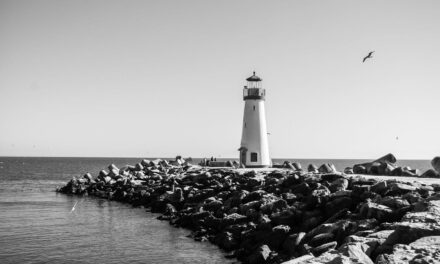The Dutch have a rich history of exploration, trade, and colonization that significantly impacted the Americas and other parts of the world.
This history spans several centuries, starting from the Age of Exploration in the 16th century and continuing through the colonial era and beyond. Here is a comprehensive look at the Dutch contributions to global history, particularly focusing on their ventures in America and beyond.
Table of Contents
Early Exploration and Settlement
The Age of Exploration
The Dutch began their exploration efforts in the late 16th and early 17th centuries, driven by the desire for trade and competition with other European powers.
The formation of the Dutch Republic in the late 16th century provided the impetus for overseas exploration. Dutch navigators and explorers sought new trade routes and territories, leading to the establishment of significant trading posts and colonies.
Henry Hudson and New Netherland
Henry Hudson, an Englishman sailing for the Dutch East India Company, explored the northeastern coast of America in 1609.
Hudson’s voyage led to the Dutch claim over the region that would become New Netherland. In 1624, the powerful Dutch West India Company (WIC) established a permanent settlement on Manhattan Island, naming it New Amsterdam (later New York City).
Dutch Colonization in America
New Netherland
New Netherland was a vital Dutch colony in North America, stretching from the Delaware River to the Connecticut River, with New Amsterdam as its capital.
The colony became a hub for trade, particularly in furs, with the local Indigenous peoples. It was a diverse settlement with residents from various European countries and enslaved Africans.
Dutch Influence in the Caribbean
The Dutch also established significant footholds in the Caribbean.
Colonies such as Curaçao, Aruba, and Sint Maarten became critical centers for trade and privateering against Spanish and Portuguese ships. These islands also participated in the transatlantic slave trade, becoming pivotal nodes in the Dutch colonial network.
Expansion into South America and Africa
Dutch Brazil
In 1630, the WIC captured parts of northeastern Brazil from the Portuguese, establishing Dutch Brazil.
The colony, centered around Recife, was known for its sugar plantations. However, Dutch control was short-lived, and the Portuguese recaptured the territory in 1654.
African Forts and the Slave Trade
The Dutch established numerous forts along the West African coast, facilitating their involvement in the transatlantic slave trade.
Forts like Elmina in present-day Ghana served as key points for the capture and transport of enslaved Africans to the Americas, significantly impacting African societies and economies.
The Decline of Dutch Colonial Power
Loss of New Netherland
In 1664, the English captured New Netherland, renaming it New York.
This loss marked the beginning of the decline of Dutch power in North America. Despite this, the Dutch maintained a strong commercial presence in the region through trade and finance.
The End of the Dutch West India Company
The WIC faced financial difficulties and military challenges, leading to its dissolution in 1792.
The company’s decline was marked by the loss of key territories and the changing political landscape in Europe. However, the legacy of the WIC and Dutch colonization efforts continued to influence global trade and cultural exchanges.
Legacy and Impact
Cultural and Economic Contributions
The Dutch left a lasting legacy in the Americas and beyond through their trade, architecture, and cultural exchange contributions.
Cities like New York and regions in the Caribbean and South America still bear traces of Dutch influence in their place names, architecture, and cultural practices.
Modern-Day Relations
The historical ties between the Netherlands and its former colonies continue to shape diplomatic and economic relations.
The Netherlands remains a significant player in global trade and maintains cultural connections with its former colonies through various exchange programs and partnerships.
Conclusion
The history of the Dutch in America and beyond is a story of exploration, trade, and cultural exchange.
From the establishment of New Netherland to the far-reaching impacts of the Dutch West India Company, the Dutch played a crucial role in shaping the early modern world. Their legacy continues to influence contemporary global relations and cultural landscapes.
This comprehensive look at Dutch history highlights their significant contributions to global exploration and colonization, reflecting the complex interplay of power, commerce, and culture that defined the early modern era.





